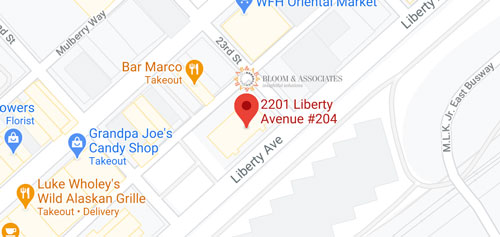The use of e-mail, text messages, and social networking websites like Facebook become more popular every day. As a result, insurance companies are more and more frequently looking to use those electronic communications against injured workers. At the same time, workers should be aware of how they can use those same technologies to protect themselves in the event they suffer a work injury.
Just last year, the Commonwealth Court of Pennsylvania upheld a workers' compensation judge's finding that the injured worker's medical conditions did not "prohibit him in moving about town, shopping, socializing, functioning in his personal life, as evidenced by his very busy Facebook page." DeBruno v. W.C.A.B. (Express Scripts), No. 1735 C.D. 2013, 2014 Pa. Commw. Unpub. LEXIS 401, at *16-17 (Pa. Commw. July 2, 2014). In another case decided by the Workers' Compensation Appeal Board in 2013, a workers' compensation judge denied the injured workers' claim for benefits because a video of the injured worker on Facebook holding her newborn granddaughter was not consistent with the manner in which the injured worker entered the judge's hearing room. Ferraccio v. Tek Cusine Inc., A11-1588, 2013 PAWCLR (LRP) LEXIS 269 (PA W.C.A.B. Dec. 24, 2013).
In light of the above, it is very important that workers be careful about what they post publicly about their injuries, physical activities, medical treatment, employment, or other circumstances that may end up impacting their workers' compensation claims. When using Facebook in particular, workers always should adjust their privacy settings to make sure their posts are not available for the whole world to see.
In addition to being careful about posting anything searchable on the internet, workers also should be careful about the content of any e-mails and text messages they write. An employer and its insurance company may seek and obtain copies of those e-mails and text messages and attempt to use them to their benefit.
At the same time, the injured worker can use electronic communications to confirm and preserve in writing helpful information that might otherwise be lost. For example, in addition to verbally notifying your supervisor of a work injury, it may not be a bad idea to follow-up that verbal communication immediately with a very short text message to your supervisor (e.g. "just hurt myself at work"). Also, when you begin a job, your employer may be willing to confirm via e-mail or text message the hours you can expect to work per day or per week. That way, if your employer later claims you did not report the injury right away or could not have expected to work a certain number of hours, you might be able to present text messages or e-mails demonstrating otherwise.
Be aware, however, that most service providers (Verizon, AT&T, Sprint, etc.) do not maintain a record of their customers' text messages indefinitely. In fact, most providers destroy records of text messages very quickly, sometimes within fifteen days. Therefore, you should request records of those communications immediately from your service provider. Also, consider printing copies of any important e-mails or text messages immediately. Avoid doing so, however, from any computers, phones, or other devices or services your employer provided to you. Otherwise, you may end up violating certain "computer use" policies your employer may have in place.
Of course, any time you have a question about the potential impact of electronic information on your workers' compensation claim, your best course of action is to seek a free consultation with our law firm at 412-288-6000.



 Joshua Bloom
Joshua Bloom  Jonathan Colton
Jonathan Colton 